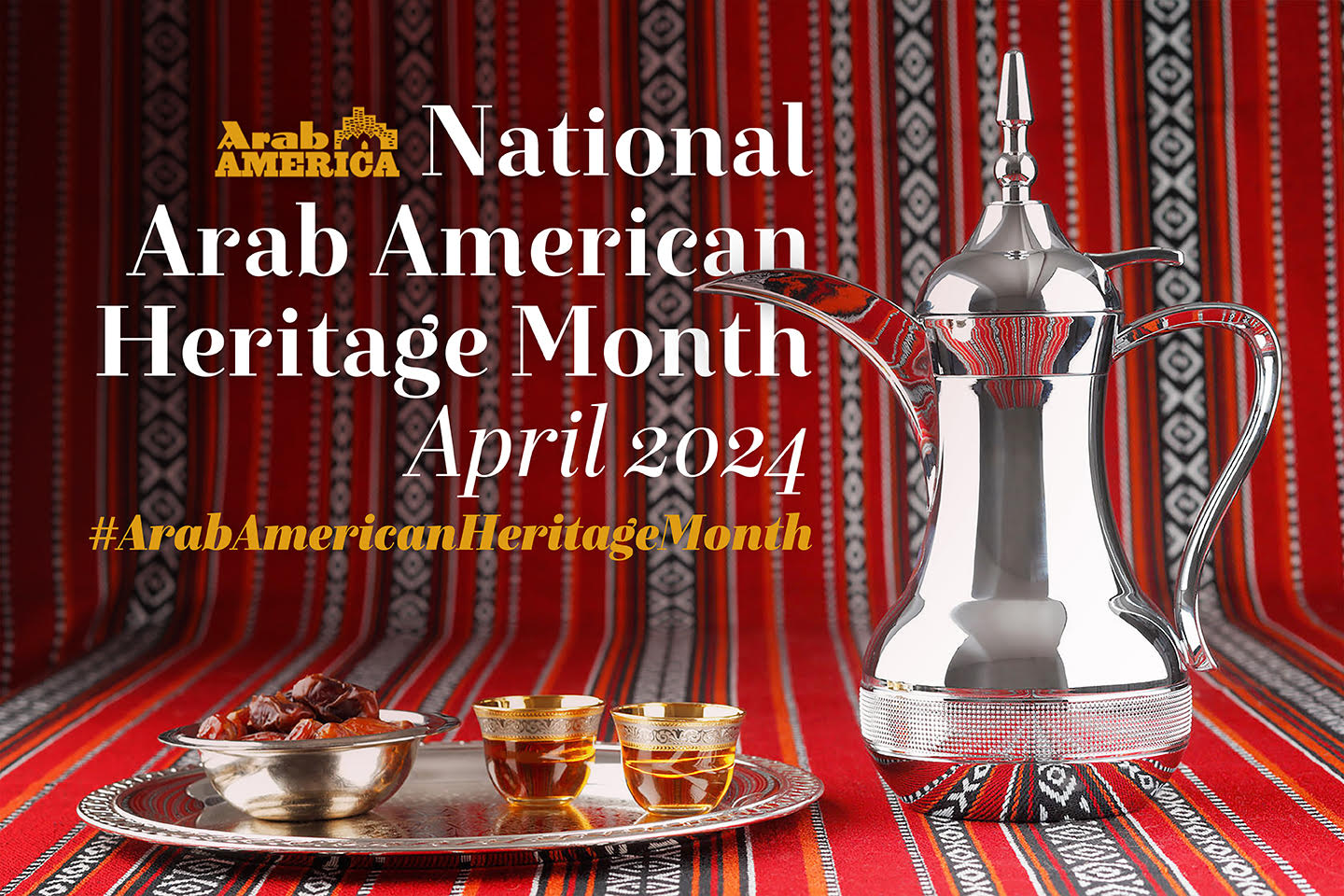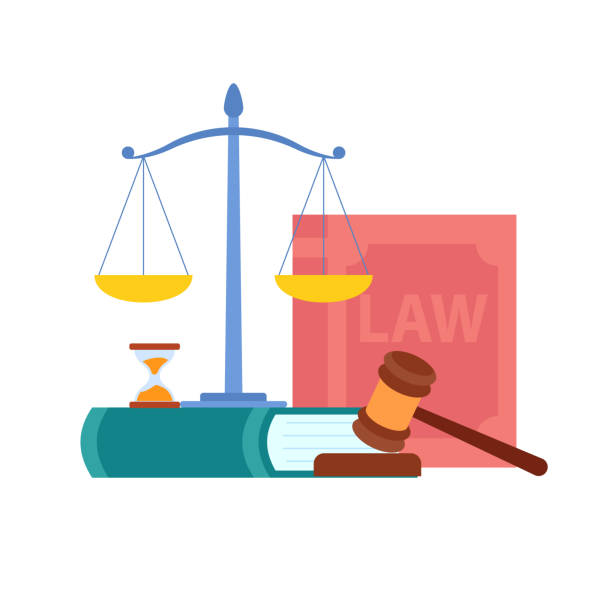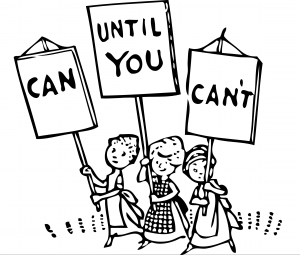This week in the Law Library we’re teaching Advanced Legal Research, teaching first year students about low cost and free legal research and cost effective research, preparing for exams, previewing US Supreme Court oral arguments, and continuing to celebrate National Arab American Heritage Month.
This Week’s Research Sessions
Monday, April 15, 2024
Advanced Legal Research Criminal Law
Associate Dean Michael Whiteman and Instructional & Reference Services Librarian Ashley Russell
Room 107
2:00pm – 2:55pm
Tuesday, April 16, 2024
Advocacy, Lawyering II, Cohort 1
Instructional & Reference Services Librarian Ashley Russell
Room 245
10:40am – 12:05pm
Cost Effective Legal Research
Advanced Legal Research Civil Litigation
Associate Director Susan Boland & Instructional & Reference Services Librarian Laura Dixon-Caldwell
Room 135
2:00pm – 2:55pm
Advocacy, Lawyering II, Cohort 5
Associate Director Susan Boland
Room 245
3:05pm – 4:30pm
Cost Effective Legal Research
Wednesday, April 17, 2024
Advanced Legal Research Ohio
Electronic Resources Instructional Services Librarian Ron Jones & Legal Technology & Research Instructional Services Librarian Shannon Kemen
Room 107
2:00pm – 2:55pm
Thursday, April 18, 2024
Advocacy, Lawyering II, Cohort 2
Instructional & Reference Services Librarian Laura Dixon-Caldwell
Room 230
10:40am – 12:05pm
Low Cost & Free Legal Research
Advocacy, Lawyering II, Cohort 6
Instructional & Reference Services Librarian Laura Dixon-Caldwell
Room 230
3:05pm – 4:30pm
Low Cost & Free Legal Research
Final Exams Are Coming And We Can Help!
Stressed about exams? The Law Library can help! The Law Library has many resources to help you prepare for final exams, including 24/7 access to online study aids. These study aids can be an important tool to help you succeed in law school but the different types of study aids serve different purposes. Check out our Exam Study Guide for a look at the different study aid types to which we subscribe and how they can help you with exams.
Looking for a place to study? Reserve a study room through TWEN or study in the carrels in the basement, the second floor Law Library Reading Room, the fourth floor Quiet Reading Room, or the open seating on the fifth floor.
When you’re ready for a short break or need to decompress, the Law Library offers puzzles and coloring pages and colored pencils in room 110, the Law Library Services Suite.
Selected Study Aids to Help with Review & Outlining
There are issues with using commercial outlines. Your professor is emphasizing different things. You miss nuances and context. Reading an outline is not an effective learning technique. Studies have shown that if the reader has to decide which material is most important and has to think about the meaning of the text and how the different pieces relate to one another, they perform better on tests later.[1] Also, studies have shown that “writing about the important points in one’s own words produced a benefit over and above that of selecting important information….”[2] So, if you are using commercial outlines, be sure and use the review questions and practice tests. You may find it helpful to look at other outlines for structure. But be aware that each of your professors may have different ideas of what is important and what is not. Tailor your outline to the class. Also, each class is different from year to year so relying solely on other people’s past outlines may not be a good idea. Don’t just read the outline. Use it as a guide but make your own!
Outlining Basics
Available through CALI, this CALI lesson teaches you why, when and how to create outlines when preparing for your law school exams. On completion of the lesson, the student will be able to: 1. Recognize the importance of outlines as a learning and test preparation tool in law school, thus making the outlining exercise more valuable. 2. Develop outlines during an optimum timeline. 3. Create outlines that offer the student a tool that improves comprehension, synthesis, and exam performance.
Why Outlining Should Be Called Synthesizing: Discussions in Law School Success
Available through CALI, this CALI podcast discusses why outlining in law school should really be called synthesizing, and gives tips to help you outline (or synthesize!) more effectively.
Free BARBRI Outlines for Law School Courses (via Lexis)
BARBRI and LexisNexis have created law school outlines that you can use to ensure you’re not missing important points of law, elements of legal analysis, and cases from the classes you’re studying. You can also personalize these law school outlines with your own notes.
Black Letter Outlines
Available through the West Academic study aid subscription, the Black Letter Outline Series is designed to help students recognize, understand and master the primary principles of law by gaining a good understanding of the rule of law first before applying it to complex fact patterns. They contain comprehensive outlines of particular areas of law, a capsule summary of each outline, practice examinations, and examples and review questions.
Emanuel Law Outlines
Available through the Aspen Learning Library subscription, the Emanuel Law Outlines series is a study aid that outlines the law, gives exam tips, and offers chances for you to quiz yourself.
Gilbert Law Summaries
Available through the West Academic study aid subscription, Gilbert Law Summaries give students a detailed, comprehensive outline to prepare for exams. Each title also includes a capsule summary that is perfect for last minute review. Students can also test their knowledge.
Quick Review (Sum and Substance)
Available through the West Academic study aid subscription, this series contains capsule summary outlines each section with a clear and concise explanation of legal concepts and terms, along with exam hints, strategies, mnemonics, charts, tables and study tips.
Be sure and see our Exam Study Guide for more information!
Celebrate Arab American Heritage Month

April is National Arab American Heritage Month (NAAHM) and celebrates the heritage, culture, and contributions of Arab Americans. Immigrants with origins from the Arab world have been arriving to the United States since before our country’s independence and have contributed to our nation’s advancements in science, business, technology, foreign policy, and national security. The Arab American Foundation and Arab America initiated the National Arab American Heritage Month in 2017. States and other organizations began recognizing April as National Arab American Heritage Month and last year President Biden issued an official proclamation. This year’s proclamation reminds us of that the “legacy of courage, resilience, and service lives on today in Arab Americans across our country” and that as “we come together this month to honor these contributions, we must also pause to reflect on the pain being felt by so many in the Arab American community with the war in Gaza.”
The Arab American Institute estimates there are 3.7 million Arab Americans. Arab Americans are found in every state, but “[n]early 75% of all Arab Americans live in just twelve states: California, Michigan, New York, Texas, Florida, Illinois, New Jersey, Ohio, Minnesota, Virginia, Massachusetts, and Pennsylvania …”
Selected Resources to Learn More for Arab American Heritage Month
Last week we looked at databases that could help you learn more about Arab Americans. This week we look at media, museum, and archive resources.
Arab American Heritage Month POV Film List, PBS
PBS collection of independent nonfiction films films about Arab American communities.
Arab American National Museum (AANM)
The Arab American National Museum (AANM) is the first and only museum of its kind in the United States devoted to recording the Arab American experience.
Arab American History and Culture, Smithsonian
In 1962, Dr. Alixa Naff set out to tell the story of Arab immigrants from Syria and Lebanon. In addition to investigating an area that had received little scholarly attention, her use of oral history as the basis of the research was innovative. In 1984, Naff donated her collection including the oral histories, archival materials, and artifacts to the National Museum of American History. You can read about her in “Voices from the past: Arab American Oral Histories” and explore items from her collection and others related to Arab American history and culture from across the Smithsonian. Faris and Guide to the Faris and Yamna Naff Arab American Collection.
Arabic Newspapers Published in the Diaspora
Arab communities in the diaspora have been active in publishing their own newspapers and journals all over the world. Although not all these newspapers are published primarily in Arabic, they all deal with the news of the Arab communities in those countries, as well as the Arab World as a whole, each from its own perspective.
Moise A. Khayrallah Center for Lebanese Diaspora Studies
The Moise A. Khayrallah Center for Lebanese Diaspora Studies was established as a research and outreach center for the production and dissemination of knowledge about Lebanese immigration to the United States and around the world.
April Oral Arguments at the United States Supreme Court
From SCOTUS Blog:
Monday, Apr. 15, 2024
Snyder v. United States – whether section 18 U.S.C. § 666(a)(1)(B) criminalizes gratuities, i.e., payments in recognition of actions a state or local official has already taken or committed to take, without any quid pro quo agreement to take those actions.
Chiaverini v. City of Napoleon – whether Fourth Amendment malicious-prosecution claims are governed by the charge-specific rule, under which a malicious prosecution claim can proceed as to a baseless criminal charge even if other charges brought alongside the baseless charge are supported by probable cause, or by the “any-crime” rule, under which probable cause for even one charge defeats a plaintiff’s malicious-prosecution claims as to every other charge, including those lacking probable cause.
Wednesday, Apr. 17, 2024
Fischer v. United States – whether the U.S. Court of Appeals for the District of Columbia Circuit erred in construing 18 U.S.C. § 1512(c), which prohibits obstruction of congressional inquiries and investigations, to include acts unrelated to investigations and evidence.
Thursday, Apr. 18, 2024
Thornell v. Jones – whether the U.S. Court of Appeals for the 9th Circuit violated this court’s precedents by employing a flawed methodology for assessing prejudice under Strickland v. Washington when it disregarded the district court’s factual and credibility findings and excluded evidence in aggravation and the state’s rebuttal when it reversed the district court and granted habeas relief.







